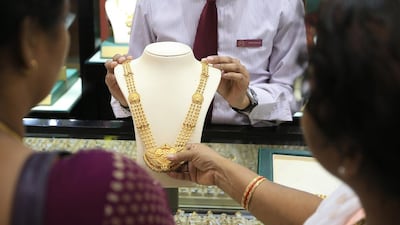On August 23, 1994, Bill Drummond and Jimmy Cauty travelled to a sparsely-populated island off the coast of Scotland. They were carrying with them £1million in cash. Seven years earlier, the duo had formed a pop group called The KLF, and the money they were carrying represented the proceeds of a relatively successful pop career, which included a string of international chart hits.
What they did next has baffled people for decades. Drummond and Cauty built a bonfire on the island and burnt the money, filming themselves gleefully feeding the flames with bundles of £50 notes.
Why would anyone perform such an act? Did they dislike money? For many people, the pursuit of happiness is synonymous with the pursuit and acquisition of wealth. Many of us might occasionally parrot the platitude that “money can’t buy happiness”, but most of us still wouldn’t say no to a pay rise or a bonus. Getting that bonus or pay rise would certainly make us happier, wouldn’t it?
But happiness is a complex beast. Getting more is not always better. Leaving money aside for a moment, which would make you happier: winning a silver medal in the Olympics or a bronze one? The intuitive answer is silver, however, at least two fairly rigorous scientific research studies have demonstrated that bronze medallists generally appear to exhibit more happiness than silver medallists (although gold medallists seem happiest of all). This paradoxical finding is explained by what psychologists call counterfactual thinking. The silver medallist perhaps thinks: “If I had just worked a little harder, I could have won gold.” The bronze medallist thinks: “If I didn’t work so hard, I wouldn’t have even made it onto the winners’ podium.”
The relationship between money and happiness is similarly complicated. Over the past few decades, social scientists have prodded, probed and plotted the association between income and happiness, and the two seem to enjoy the type of relationship known as an inverted U-curve. Basically, as income increases so does happiness. However, after a certain point — the magic number for the United States is $75,000 a year — we get diminishing returns. So jumping from $30,000 to $60,000 would be associated with an increase in happiness, but the uplift between $100,000 and $200,000 might be negligible. Furthermore, there is also evidence that for some people, huge increments in wealth can actually lead to decreases in happiness.
A study published in the International Journal of Psychiatry in Clinical Practice describes cases of people who actually become severely depressed after big lottery wins. The problems are usually related to jackpot winners giving up their old jobs and moving into new luxurious accommodation in upmarket neighbourhoods. These lifestyle changes can disconnect people from their workplace and friends. There are also reports of family tensions and conflicts arising over money. Then there is the guilt and stress of dealing with people who bombard big winners with ideas for investment opportunities, requests for handouts and solicitations for charitable donations.
Another issue for people who experience particularly large increases in income, whether by chance or through talent and hard work, is problems with parenting. Psychologist James Grubman uses the term "immigrants to wealth" to describe working or middle class people who become wealthy in their own lifetimes (first generation millionaires). The idea is that these individuals from humble economic circumstances now find themselves like immigrants in a strange new land of wealth and privilege. The children of these "immigrants to wealth" are born into affluence, and of course they grow up with the values of this strange new land. Dr Grubman, in his book Strangers in Paradise, describes how this situation can be a great source of conflict, tension and sorrow within such families.
Perhaps when Drummond and Cauty set fire to £1 million, they were actually saving themselves from its tribulations. Maybe they knew that with more money comes new problems.
Dr Justin Thomas is an associate professor at Zayed University
On Twitter: @DrJustinThomas


